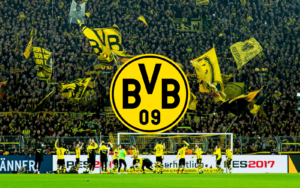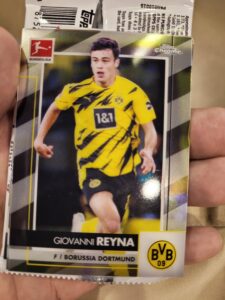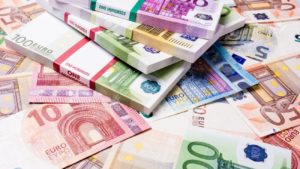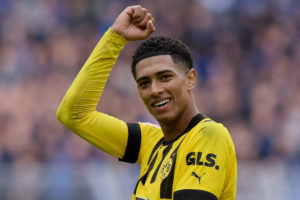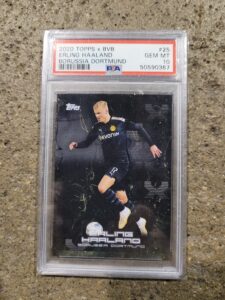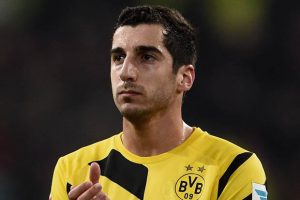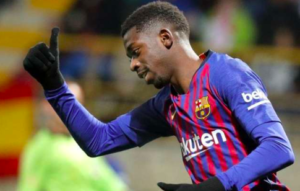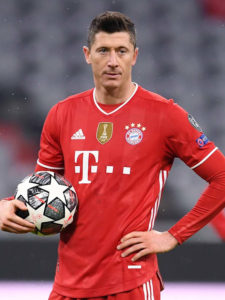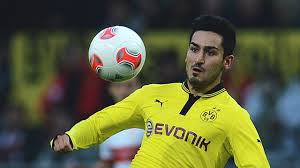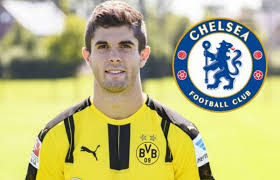Borussia Dortmund is neither a buying club nor a selling club. They are an investing club. Tonight they’ll take on Paris Saint-Germain at their ground, an opponent who spends money like water every summer transfer window. Dortmund enter the second leg of the UEFA Champions League semifinal tie up 1-0 on aggregate.
Will they progress forward, and in the process score a victory for the principle of efficient, effective business sense over the idea of trying to buy a championship?
Dortmund spent £32m on Sancho, Dembele, Aubameyang and Pulisic.
They’ve made £309m. That’s how you run a football club ? pic.twitter.com/JXReqIAxRn
— ESPN FC (@ESPNFC) July 1, 2021
UEFA Champions League Semifinal Leg 2/2 FYIs
Borussia Dortmund vs Paris Saint-Germain
Kickoff: Tue, May 7, 8pm, Parc Des Princes, Paris, France
Aggregate: BVB leads 1-0
Series History: PSG wins 2, Borussia Dortmund wins 3, Draws 1
Preview Material: Team News for Both Sides Starting XI Predictions
Result Probability: Dortmund 16% Extra Time 20% PSG 64%
Transatlantic Passage: How the Premier League Redefined Soccer in America: LINK
That is not the Dortmund way, as they instead consistently find and sign top tier youth talent, develop them, then sell them to bigger clubs, at a massive profit, down the line.
It is such a well known way of doing business that it even permeates through the sports card trading market. If you’re in “the hobby,” and you collect and/or invest in soccer cards, then you know one way to make money is to follow the Borussia Dortmund lead.
This was a common talking point at The National (the 2023 National Sports Collectors Convention), which was staged in Chicagoland this past summer
How coincidental it is that Borussia Dortmund was flying in to Chicago just as all these sports card dealers and traders will be flying out. Of course, this concept isn’t anything revolutionary.
Nor is it an idea limited to the hobby.
No matter what kind of business you’re doing, or whatever your avenue may be for speculation, it is always makes sense to buy low and sell high.
It’s how Hans-Joachim Watzke, Michael Zorc and the rest of the BVB front office men who employ/employed this philosophy have consistently found success.
While many may call them a “stepping stone club,” this is how Borussia Dortmund stays relevant amidst a football landscape dominated by clubs who are owned by oligarchs, multi-billionaire tycoons and even oil-rich nation-states.
It’s hard enough to survive, let alone thrive, in this environment, but Borussia Dortmund have and will maintain competitiveness.
The examples of buying low and selling high are abundant, we’ll take a look at a few of the biggest and best here.
Jude Bellingham
Bought from Birmingham City for £25 million in 2020, sold to Real Madrid for £88 million
Profit: £63 million
Jadon Sancho
Bought from Manchester City for £8 million in 2017, sold to Manchester United in 2021 for a £73 million
Profit of £65 million
Erling Haaland
Bought from RB Salzburg for 20 million Euro in 2019, Sold to Manchester City for 60 million Euro in 2022
Profit: 40 million Euro
Pierre-Emerick Aubameyang
Bought from St. Etienne for £11.7 million in 2013, sold to Arsenal for £57.4 million in 2018.
Profit of £45.7 million
Henrikh Mkhitaryan
Bought from Shakhtar Donetsk for £24.8 million in 2013, Sold to Manchester United for £37.8 million in 2016
Profit £13 million
Ousmane Dembele
Bought from Rennes for £13.5 million in 2016. Sold to FC Barcelona for £112.5 million
Profit of £99.5 million
Robert Lewandowski
Bought from Lech Poznan in 2010 for 4.5 million Euros, sold to Bayern Munich for 45 million in 2014
Profit: 40 million Euro
Ilkay Gundogan
Bought from FC Nurnberg for £4 million in 2011, sold to Manchester City for £24.3 million in 2016.
Profit £19.3 million
Christian Pulisic
Signed on a free from PA Classics, and developed in the academy, sold to Chelsea in 2019 for £57.6 million
If you desire more examples you can look at this chart.
Paul M. Banks is the Founding Editor of The Sports Bank. He’s also the author of “Transatlantic Passage: How the English Premier League Redefined Soccer in America,” and “No, I Can’t Get You Free Tickets: Lessons Learned From a Life in the Sports Media Industry.”
He currently contributes to Ravens Wire, part of the USA Today SMG’s NFL Wire Network and the Internet Baseball Writers Association of America. His past bylines include the New York Daily News, Sports Illustrated, Chicago Tribune and the Washington Times. You can follow him on Twitter.
